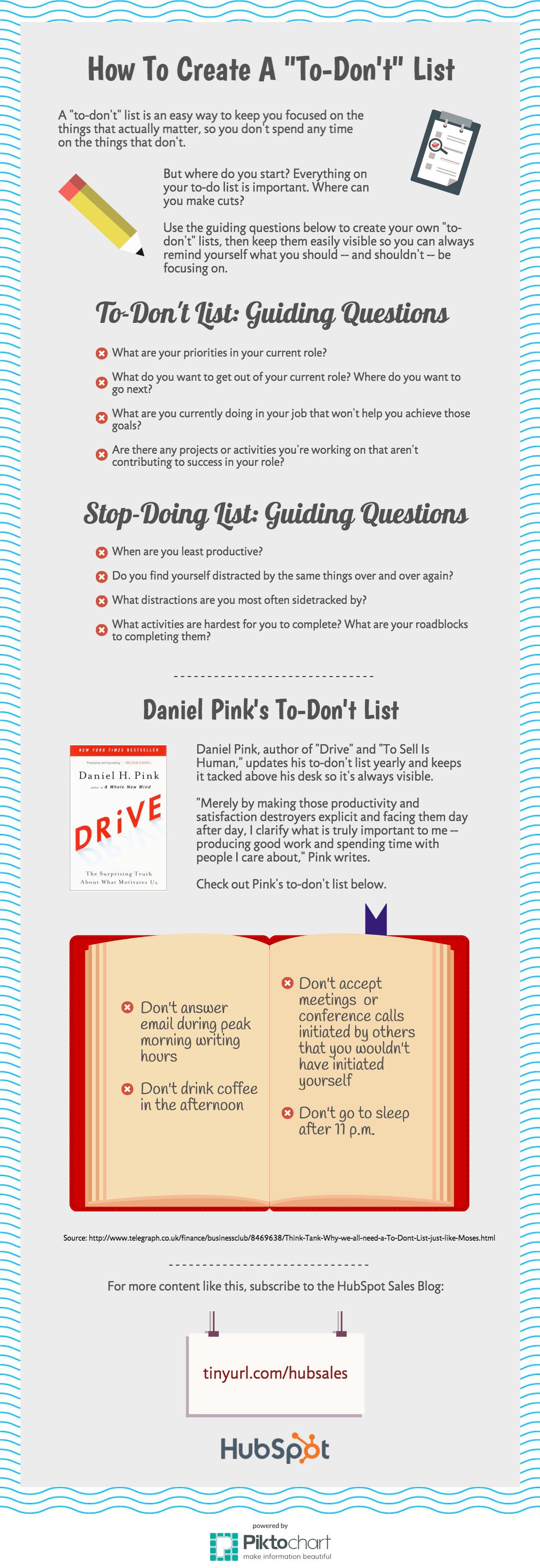Repost from
LinkedIn
It's the end of the semester. A time for joy and anticipation. And by
"anticipation", I don't mean that I'm anticipating what the summer has
to hold. I mean that I'm anticipating a complaint about a final grade.
OK, I rarely get a request to review a final grade, but when I do, it's
seldom about
a mistake on my part; typically it's a student who needs to get a
higher grade to keep a scholarship, stay in a program, or remain in
college. So really, it's not a complaint. It's a request.
Here's
how I respond: (1) I keep my email short and professional (2) I give a
deadline, and (3) I don't get roped into an emotional exchange. I simply
write,
"Dear So-in-so, I recently received your grade
change request. Please refer to the grading criteria/assignments on the
syllabus. If you believe that I have made an error in calculating your
final grade, please provide the grade you earned for each assignment by
Friday, May 13, 2016 and I'll be happy to review my calculations. Thank
you..."
And end it.
When I reply to the email like
this, I've sent a message to my students: give me evidence and I'll be
more than happy to work with you. When you write long, drawn-out emails,
you are experiencing an emotional reaction to a student's emotional
reaction. Yes, you are reacting. And when you react, you lose your
authority as the professor. And remember, you created assignments with a
purpose in mind: so students will learn something. When students start
begging for a do-over, it's not about learning. It's about getting a
particular grade.
When students start begging for a do-over, it's not about learning. It's about getting a particular grade.
And
it will never end. You've opened yourself up to requests for extra
credit, reviewing assigments that were returned months ago, and more
criticism. And then you'll start second-guessing yourself.
Was I fair? Maybe I missed something? Did I write down the wrong grade? Soon you've completely redesigned the course so one student, who didn't do the work in the first place, can pass.
When I get one of these requests, I
do look over the student's grade to see if there is something suspicious. And you know what I
always
find? The student bombed a test (or two) or didn't complete an
assignment. So by asking students to review and submit grades, they are
forced to examine their assignments and calculate their own grade. And
as the professor, all I have to do is wait until the deadline.
I
put a lot of time and effort into creating meaningful assignments and
writing useful feedback. I also return graded work quickly...like within
a few days (papers take longer, but usually no more than two weeks). I
have a deadline for discussing grades - one week from the time the
assignment was returned
in class. The
in class
criterion is there for a reason: I have students who miss class and
collect their assignments at the end of the semester...then want to
argue with me on the last day of finals.
It might seem harsh, but grades aren't up for debate; calculations are.
College
is about learning and developing life skills. It's work. And it might
seem harsh, but grades aren't up for debate; calculations are. If a
student needs a higher grade, s/he will have to retake the course, meet a
particular standard... and earn the desired grade.












 .js">
.js">

